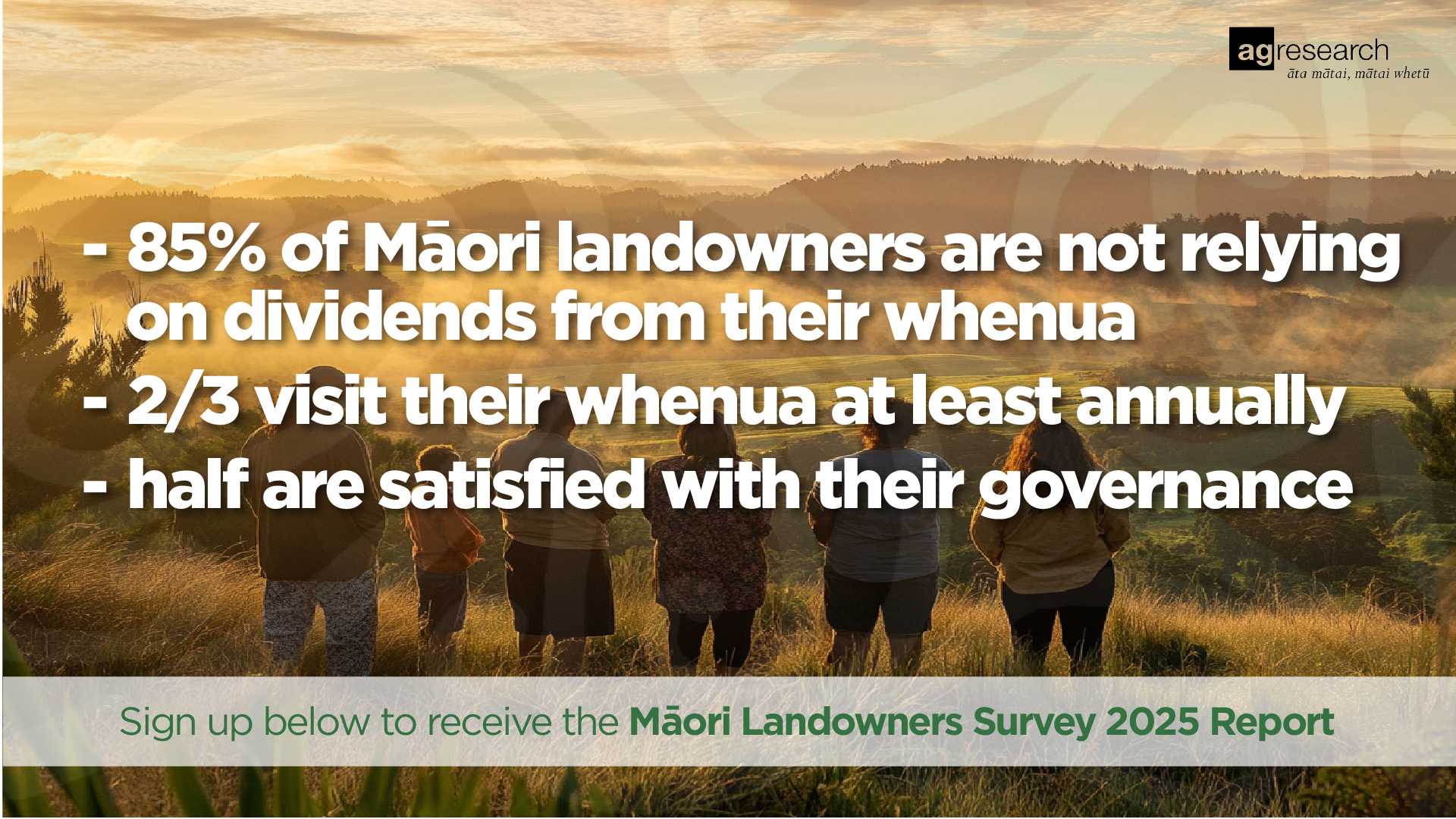In Aotearoa, kānuka is a well-known plant, being prominent in successional shrublands and secondary forests, and especially prominent in highly erodible, marginal landscapes.
Kānuka are important keystone species, acting as pioneer species to colonise disrupted or damaged ecosystems, providing erosion mitigation, an important habitat for other organisms (for example endemic geckos and fungi) and enabling carbon sequestration.
Beyond their contribution to te taiao (the environment), kānuka are increasingly recognised for their contribution to human health (e.g., as a rongoā/remedy), and potential to generate income through supporting a range of products (e.g., essential oils, honey, herbs and beverages, firewood, timber, and smoking woodchips).




